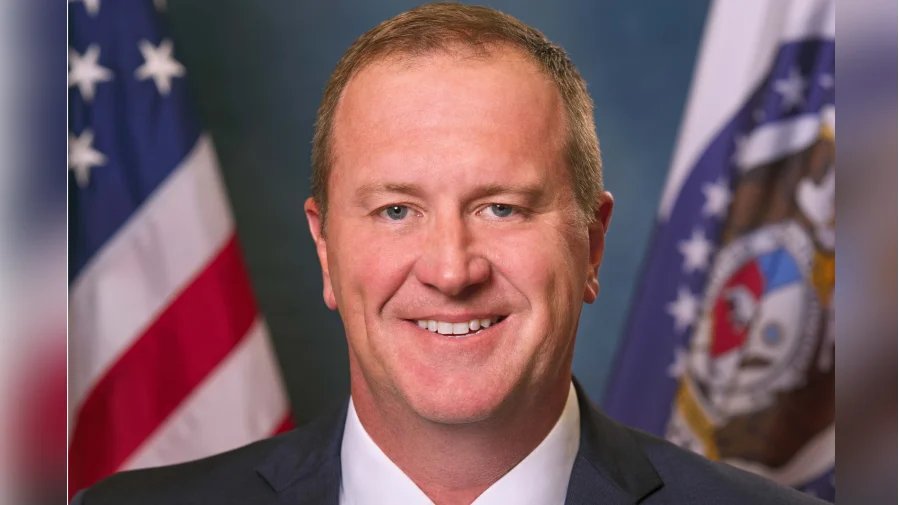Senator Eric Schmitt | U.S. Senator Eric Schmitt
Senator Eric Schmitt | U.S. Senator Eric Schmitt
Senator Eric Schmitt, a U.S. Senator from Missouri, commented on the Supreme Court's review of tariffs implemented during former President Donald Trump's administration in a series of posts on November 5, 2025. The tweets addressed both the legal debate surrounding the Major Questions Doctrine and the broader implications of Trump-era tariffs.
In his first post, Schmitt stated: "The Supreme Court is hearing arguments in 'Trump's tariff case.' This case examines the legality of President Trump's historically successful tariffs. This bold strategy has realigned our foreign policy—toward the American worker. Here are three things I'm listening for." (November 5, 2025)
Schmitt then discussed the impact of tariffs on domestic employment and national interests: "A quick word on the tariffs. President Trump took decisive action to bring back American jobs and protect American workers. It would be gravely injurious to the national interest to disturb or undo the incredible work he has done to realign our foreign policy through tariffs." (November 5, 2025)
Addressing judicial perspectives, Schmitt highlighted ongoing debates among Supreme Court justices regarding administrative law: "First, the Major Questions Doctrine. For conservative justices, there is a live debate as to whether MQD applies in the foreign policy context. For liberals justices, it will be fun to watch them ardently defend MQD after a decade of chastising it." (November 5, 2025)
The Supreme Court’s consideration centers on whether executive actions related to trade and tariffs fall within established legal frameworks such as the Major Questions Doctrine—a principle that requires clear congressional authorization for agency actions with significant economic or political impact.
President Donald Trump’s administration imposed several rounds of tariffs beginning in 2018 as part of an effort to address trade imbalances and promote domestic manufacturing. These measures were controversial but credited by supporters with shifting U.S. trade policy focus toward protecting American industries and workers.
The outcome of this case could have lasting effects on presidential authority over trade policy and set precedents for how courts interpret major executive actions involving economic regulation.


 Alerts Sign-up
Alerts Sign-up